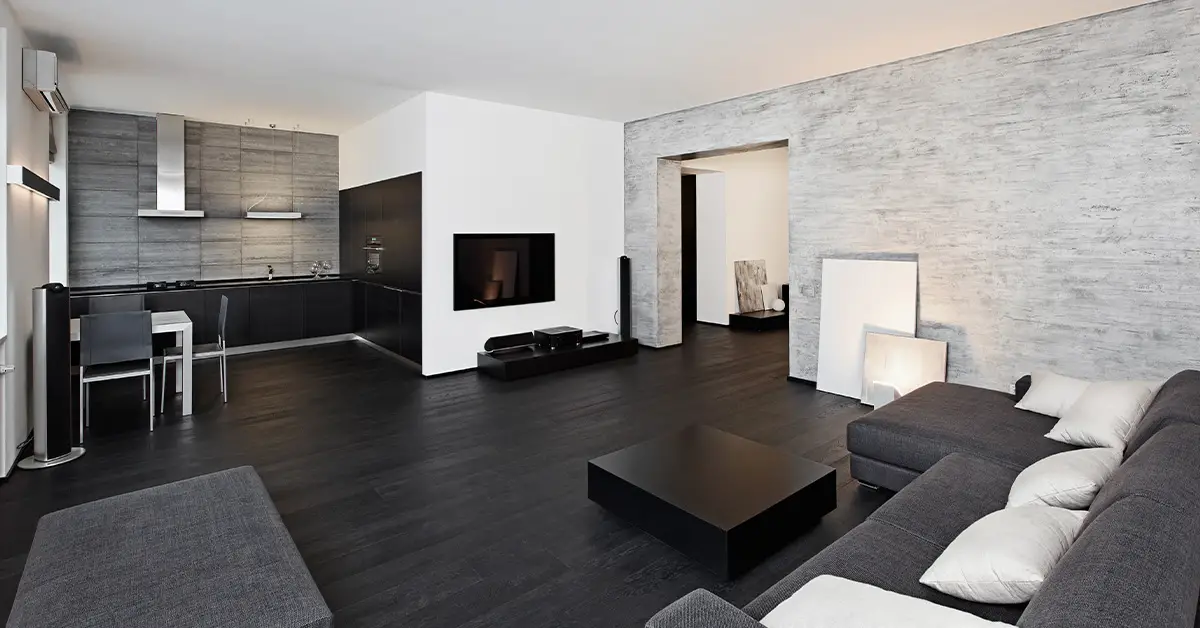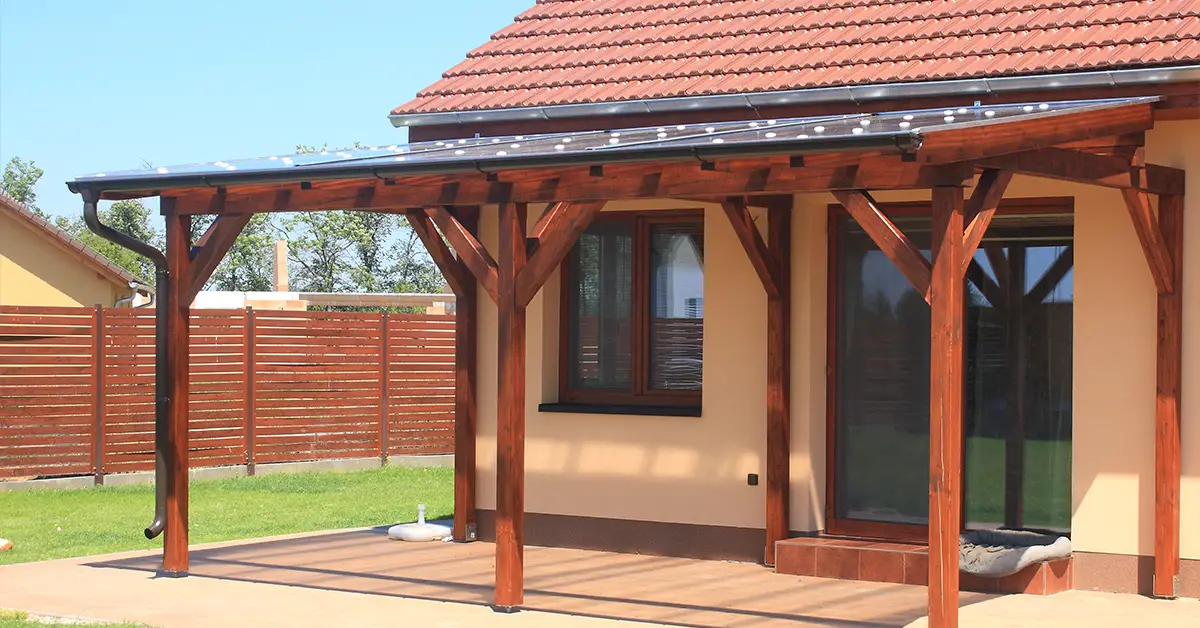Are you getting ready to move someone into your apartment or rental home? While you might think that it’s as easy as making them a new key and moving their belongings in, it isn’t that simple. It’s always best to avoid having someone live with you not on the lease.
But why is that? What could happen if someone isn’t on the lease? How do you add someone when you’re ready to move in together?
We’re here to talk about it. Keep reading to learn everything that you need to know.
Table of Contents
What Does “Living” in the Rental Unit Mean?
When we discuss whether or not it’s okay for someone to live in an apartment or rental home without a lease, we first need to talk about what it means to “live” in the apartment.
Your lease may have specific terms about having guests stay with you. There is nothing wrong with inviting someone to stay at your apartment or rental home as long as there are no stipulations about not allowing guests at all(and these stipulations are uncommon and difficult to uphold).
Different landlords have different requirements for guests. As a general rule, a visitor is a guest as long as they spend fewer than two weeks during a six-month period staying in your home.
Keep in mind that this is flexible. It’s normal for people to have partners staying with them several nights per week, but those partners are still guests in the mind of the tenant. It’s unlikely that a landlord will intervene in this situation because the guest isn’t spending enough time in the unit to appear as though they’re moving in.
When a Guest Becomes a Tenant
So when does a guest officially become a tenant?
In unofficial terms, there are a few things that you can look out for. First, is the guest asking for an official key? It’s normal to give a guest a spare key so they’re able to come and go as they please, but if a guest wants their own key, you may have a problem.
If the guest begins having their mail delivered to your address, it may be an issue.
Overall, guests who stay more than thirty days may be unofficial tenants depending on your state. This is when you’ll start to have legal issues when it comes to removing them.
Why Is It a Problem?
In a perfect world, your visitors would be happy to leave as soon as you request it. When you have a short-term guest, it’s easy to make them leave. The rental unit is your domicile.
When a guest stays for over thirty days, they may turn into a tenant (even if they’re not on the lease). This means that it will be more difficult to “evict” them (and a true eviction process could be necessary).
The tenant turns into a sub-tenant instead of a standard tenant.
Do All Adults Have to Be on the Lease (Legally)?
The answer to this is complicated.
In short, no. Not all adults have to be on a lease. It is, however, best if every adult signs the lease.
First, when someone isn’t on your lease, you’re responsible for anything that they do. If they damage the property, if they choose not to pay their portion of rent or utilities, or if they do anything that breaks your lease, you have to cover it.
If the person gets involved in legal trouble related to the property, it creates a liability problem for the landlord and yourself.
It’s also helpful for the landlord to know who the primary tenants are in the event of a problem or emergency. Landlords want to be able to contact all adults living in a rental unit. This protects you, your roommates, and everyone else who lives in the building.
Do I Have to Notify My Landlord if Someone Moves In?
So if it’s not a legal requirement, why would you notify the landlord? You’re ready to be responsible for the actions of the other people living within the home, right?
It’s always best to tell the landlord. Some landlords may have instructions in their lease agreements that dictate that you must notify them in the event that another adult moves into the home.
Remember, the lease doesn’t just protect the landlord and the property. It also protects you and your other roommates.
When a Partner Moves In: What to Do?
So what happens if a partner chooses to move in with you? Most people in long-term relationships will end up living with a partner at some point, and unless you both finish your current leases at the same time (or you’re able to buy property), one will move into the other’s rental unit.
When you decide that it’s time for your partner to move in with you (or vice versa), you should notify your landlord right away. Again, this is no different from adding any other person.
If you have your partner sign the lease, they become a co-tenant. This means that they’re bound to all of the responsibilities under the lease and the landlord has control. If they’re a sub-tenant, you’re responsible.
It’s normal to do a “trial run” with a partner before making it official, but it’s still best to notify the landlord as soon as possible.
How to Add a Partner to the Lease
Keep in mind that while this section refers to partners, it’s the same process if you’re bringing in friends as roommates.
Your landlord might have limits on how many people can live in your unit. In most one-bedroom apartments, two adults is the limit. Make sure that you look into this before you commit.
First, make sure that your partner meets all of the necessary rental criteria for the unit. Refer to the criteria that you had to meet when you moved in. Your partner should have a strong rental history, a good credit score, and sufficient income (though you’re now combining income).
Your landlord may be more flexible with your partner than they were with you. It’s common to negotiate with the landlord if your partner doesn’t quite qualify.
Try to contact your landlord as soon as possible if you want the best chance of being able to move your partner in with you. As soon as you commit to living together, even before your partner is out of their lease, write a formal email or letter to the landlord explaining your situation.
When you add someone to the lease, it’s possible that your rent will increase. By adding a new tenant, the landlord is able to increase the rent without the typical restrictions.
When you add your partner to your lease, it’s best to have agreements in place ahead of time about how you’re going to use the apartment and what could happen in the event that you no longer want to live together. This will prevent problems in the future.
Do Children Need to Be on a Lease?
Aside from a few rare exceptions, a landlord can not prevent a tenant from having children on their property. This includes children who join the family via adoption or who come along with the new partner.
Families are a protected class. This doesn’t stop some landlords from trying to set illegal restrictions or rejecting tenants for “unrelated reasons.”
Minors are occupants, but they are not tenants. The tenancy is a legal agreement and tenants are responsible for their rental units. Children are not able to sign legal documents so they do not have the responsibilities of adults.
There is some gray area when a child turns eighteen.
Most landlords will not bother parents of new adults. They understand that eighteen-year-olds are still children of their tenants and that they don’t have the qualifications that tenants often have to have.
Some landlords, however, require a co-tenant addendum. This is a legal document that makes the eighteen-year-old an official tenant. The teenager is then responsible for any costs or damage to the rental unit (just like the parents are).
My Name Is Not on the Lease: Can I Be Evicted?
If you’re not on the lease, it’s harder for the landlord to evict you. The person who is on the lease, however, can.
The person on the lease will have to give you an official notice before eviction. This will be a legal notice, so they will have to go through an attorney.
Most of the time, the sub-tenant then has 30 days (or a full rental period) to leave. If you disagree with the eviction, you may be able to take legal action.
Having Someone Live With You Not on The Lease Is Complicated
It’s always best for every adult living in a rental unit to be on the lease. This protects you, the landlord, and your roommates.
Having someone live with you not on the lease opens you up to trouble. You may find it hard to evict them and you’re liable for any problems that they cause.
When in doubt, talk to your landlord about bringing a new person into your rental unit.
Are you looking for more helpful information about renting (or owning) property? Start with our quick guide for negotiating rent prices!







